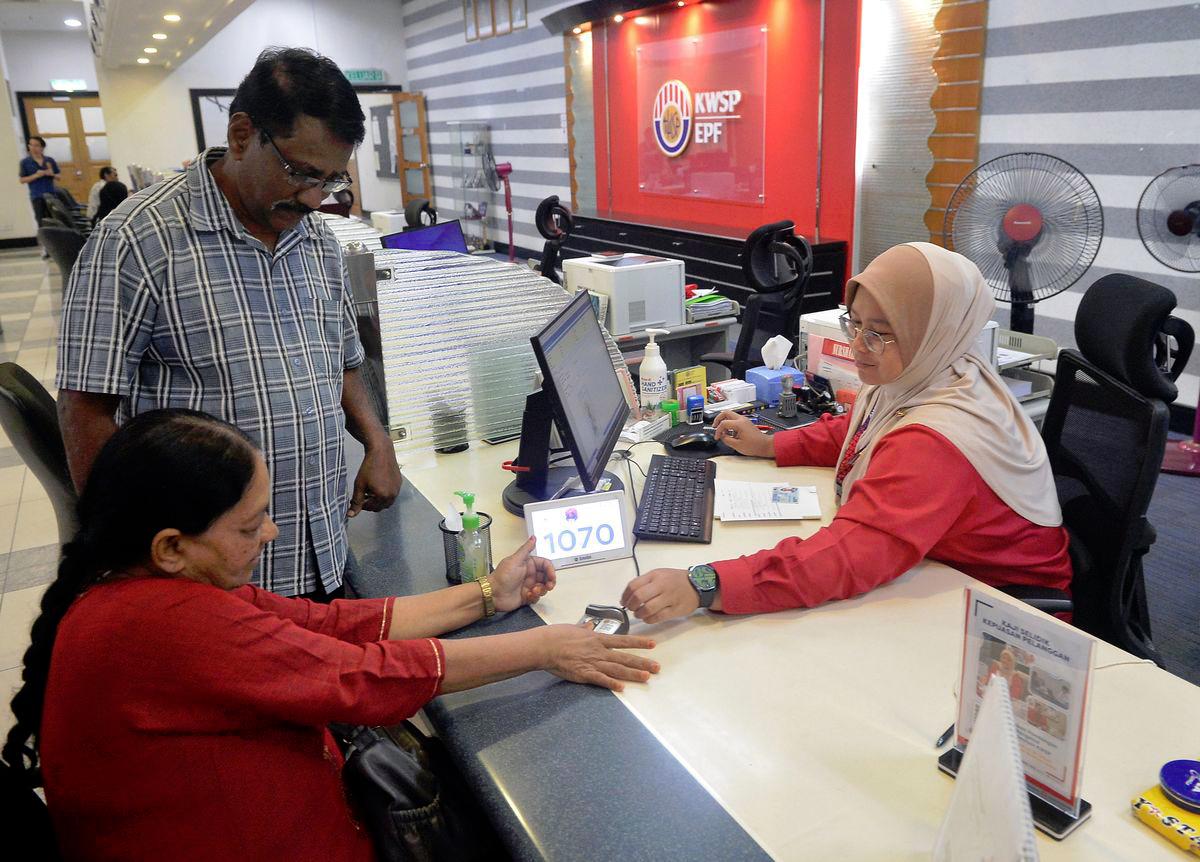PETALING JAYA: Public debate is heating up over the government’s proposal to restructure the Employees Provident Fund (EPF) withdrawal mechanism under the 13th Malaysia Plan (13MP), with economists and political figures voicing concerns over its potential impact on retirees’ financial freedom and long-term wellbeing.
On Monday, the MCA called for a balanced approach to the proposal, stressing that contributors must retain the freedom to choose between lump sum withdrawals and monthly payouts.
MCA information chief Chan Quin Er said while the move towards pension-style payments aims to enhance retirees’ financial security, especially in the face of rising living costs and longer life expectancy, it should not be imposed unilaterally.
“Many retirees need lump sum access to settle housing loans, pay for major medical treatments or support family obligations. Denying this flexibility could cause unnecessary hardship,” she said in a statement.
Chan said MCA urges the government and EPF to focus on boosting financial literacy so that contributors can make informed retirement choices.
“Through outreach programmes, workshops and digital tools, contributors can better understand and plan their withdrawals.
“Retirement is a personal journey. Financial planning should reflect that. MCA supports reforms to enhance retirement security but not at the expense of personal agency and flexibility.”
Universiti Teknologi Mara economist Dr Mohamad Idham Md Razak said a shift to monthly EPF payouts could offer retirees a more stable income stream and reduce the risk of exhausting savings too soon, especially with inflation on the rise.
He said the move would, however, require more sophisticated investment strategies from EPF to sustain long-term disbursements.
“A hybrid model should be considered with part of the savings made available upfront and the rest paid out monthly. This would meet both urgent and ongoing needs.”
He said contributors in rural or lower-income groups may face disproportionate challenges due to limited savings.
He proposed targeted support measures such as top-up contributions for smaller accounts and the expansion of financial advisory services in underserved areas.
Universiti Kebangsaan Malaysia financial policy researcher Assoc Prof Dr Noor Azuan Hashim said monthly payouts may not be sufficient for retirees with low EPF balances, particularly when faced with emergencies requiring immediate, large expenditure.
“Without careful design, this reform risks deepening inequality among contributors,” she said, calling for safeguards such as opt-in flexibility, healthcare subsidies and the inclusion of informal workers in the retirement framework.
Universiti Malaysia Kelantan cost-of-living researcher Datuk Dr Nik Maheran Nik Muhammad said the monthly payout model may significantly shift retirees’ spending patterns, from lump sum purchases to basic, recurring expenses.
She said this could limit their ability to invest in physical assets or financially support dependents.
“Many retirees, especially among the B40 group, rely on EPF withdrawals for private or alternative medical treatment. Without access to a lump sum, they may be forced to depend solely on overcrowded public healthcare facilities.”
To ensure the system is inclusive, she proposed a hybrid withdrawal model along with healthcare support schemes, digital literacy training for rural contributors and strategic partnerships between EPF and insurance providers to develop tailored annuity-based solutions.









